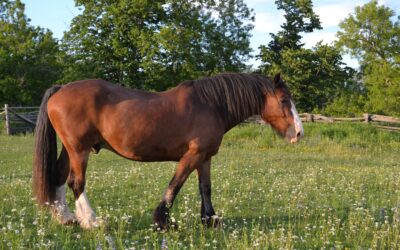We are wired for safety and naturally we respond to threat. Sometimes a disagreement, conflict or resistance can activate our stress response.
A regulated nervous system supports mental health and prevents burnout. There are three major parts to our brain: our thinking brain, our emotional or mammalian brain and our reptilian brain. Sometimes our emotional or mammalian brain can create difficulties for us when our nervous system signals threat. When we experience chronic stress or have a history of trauma – it is often this part of the brain, and in particular, our amygdala, that is most impacted. If you are in chronic stress or have experienced trauma or burnout, your nervous system sees the world as a constant threat, releasing higher amounts of hormones such as adrenaline and cortisol to get you ready to escape danger.
An event or experience can cause our amygdala to fire up. When this happens, we may experience a fight, flight, freeze or fawn response. We can’t always control this because when our amygdala is fired up, our thinking brain often shuts down. We say or do things that we don’t do or say when we feel calm and safe. For example, our brain and our nervous system perceive resistance or the anticipation of conflict as a threat to our safety.
What’s your stress response?
Fight:
- Angry outbursts
- Explosive behaviours
- Controlling behaviours
- Impulsive Decision-making
- Pursuit of power and control
- Demanding perfection from others
Flight:
- Perfectionism
- Over-preparing
- Panic and anxiety
- Inability to sit still
- Obsessive and/or compulsive tendencies
- Constant feelings of fear
- Workaholic tendencies
Freeze:
- Isolation
- Dissociation
- Frequent zoning out
- Difficulty taking action
- Difficulty making decisions or speaking up
- Fear of achieving or trying new things
Fawn:
- Lack of identity
- People-pleasing
- Little or no boundaries
- Codependent relationships
- Feeling taken advantage of
- Prioritizing people’s needs over your own
Learning to regulate your nervous system through self-awareness and body-awareness can help you manage your threat response. Tuning into your body and better understanding those situations that activate our threat response can help. For example, you might go for a walk in nature, have a hot shower, do breathing exercises, pet your dog, or talk to a friend.
To explore what can support your return to a relaxed, regulated state, ask yourself the following questions:
- Who are the people in my life who bring me a feeling of being safe and welcomed?
- What small things do I do that make me feel nourished and regulated?
- Where are the places that I go that make me feel safe and happy?
About the Author

Jennifer Garland is the founder of The Mane Intent Inc. offering individual and group equine-assisted psychotherapy, psychotherapy, and equine-assisted learning programs including Health and Wellness Workshops, Individual and Team Effectiveness Coaching and Leadership Development. Jennifer provides coaching, counsel and support to individuals and groups from all walks of life to create opportunities to build productive relationships, facilitate learning and to embrace change. Learn more about Jennifer’s professional experience, lectures, awards and publications here.
For more information or to book a private virtual session with Jennifer, please call 705-295-6618 or email jgarland@themaneintent.ca





